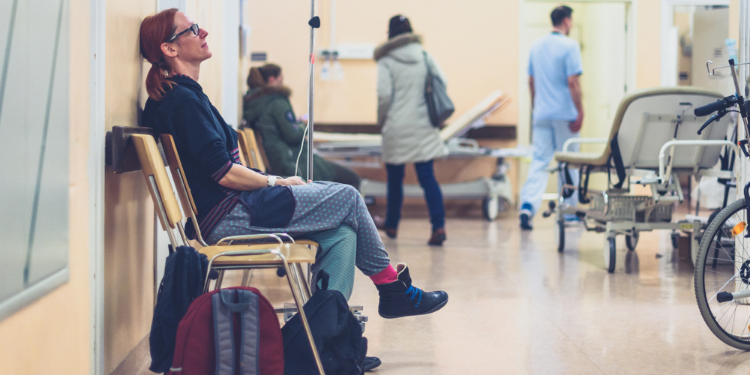
Today, Asia is living in fear of a rapid spread of coronavirus, with 9,808 confirmed cases and 213 deaths, but that's not all. Dengue is also affecting many countries around the world, including Africa and the Americas. In Paraguay, nearly 7,000 suspected cases of dengue have been reported in the past three weeks. In 2019 only, more than a thousand people out of 3 million infected Americans have been reported dead. While the situation is alarming, indeed, there are some basic precautions to follow if you have just moved or are planning to move to a high-risk country.
Keep yourself informed
First of all, inquire about your host country's current situation regarding health hazards before travelling. You will obviously be keeping an eye on the media, but you should also check your embassy's website regularly. You shall have updates regarding health alerts and safety instructions. If you are moving to Asia or Africa, for example, avoid travelling in high-risk areas.
According to the World Health Organisation (WHO), some twenty suspect cases of dengue have been reported in Reunion Island in early January. In Guadeloupe, more than 4,000 people have already been infected.
Dengue symptoms include high fever with continuous headache, as well as nausea, muscle and joint pain, and rashes. Nosebleeding and bruises are also quite frequent in patients. Coronavirus symptoms are quite similar but include coughing and intense fatigue. Keep in mind, however, that the virus is spreading rapidly and that symptoms are likely to evolve.
Some basic precautions
If you are travelling to India or the Americas, for example, consider getting dengue vaccination done. However, the vaccine is not yet available in many countries, such as Canada, so check with the health authorities before traveling. Also, avoid any contact with contaminated people.
In case of respiratory infection symptoms like those indicated above in your host country, see a doctor as soon as possible. The WHO hasn't issued any travel restrictions for dengue, unlike the coronavirus. While countries like France, Japan, South Korea, as well as Australia and New Zealand are repatriating their nationals, others are advising their citizens to avoid travelling to China. Some countries have even restricted access to their territory for passengers coming from China.
However, health risks do exist anywhere in the world, so you are advised to take precautions. For example, wear a surgical mask in all circumstances in case of symptoms like cough, respiratory problems along with high fever. Also, make sure to wash your hands regularly with soapy water or an alcoholic solution and use disposable tissue paper.
Do you have health insurance?
You are strongly advised to take out health insurance before travelling. Depending on the country you are moving or have already moved to, healthcare services might not be up to your expectations, especially in case of emergency. However, it is important to make sure that your insurance policy provides coverage in case of epidemics.



















